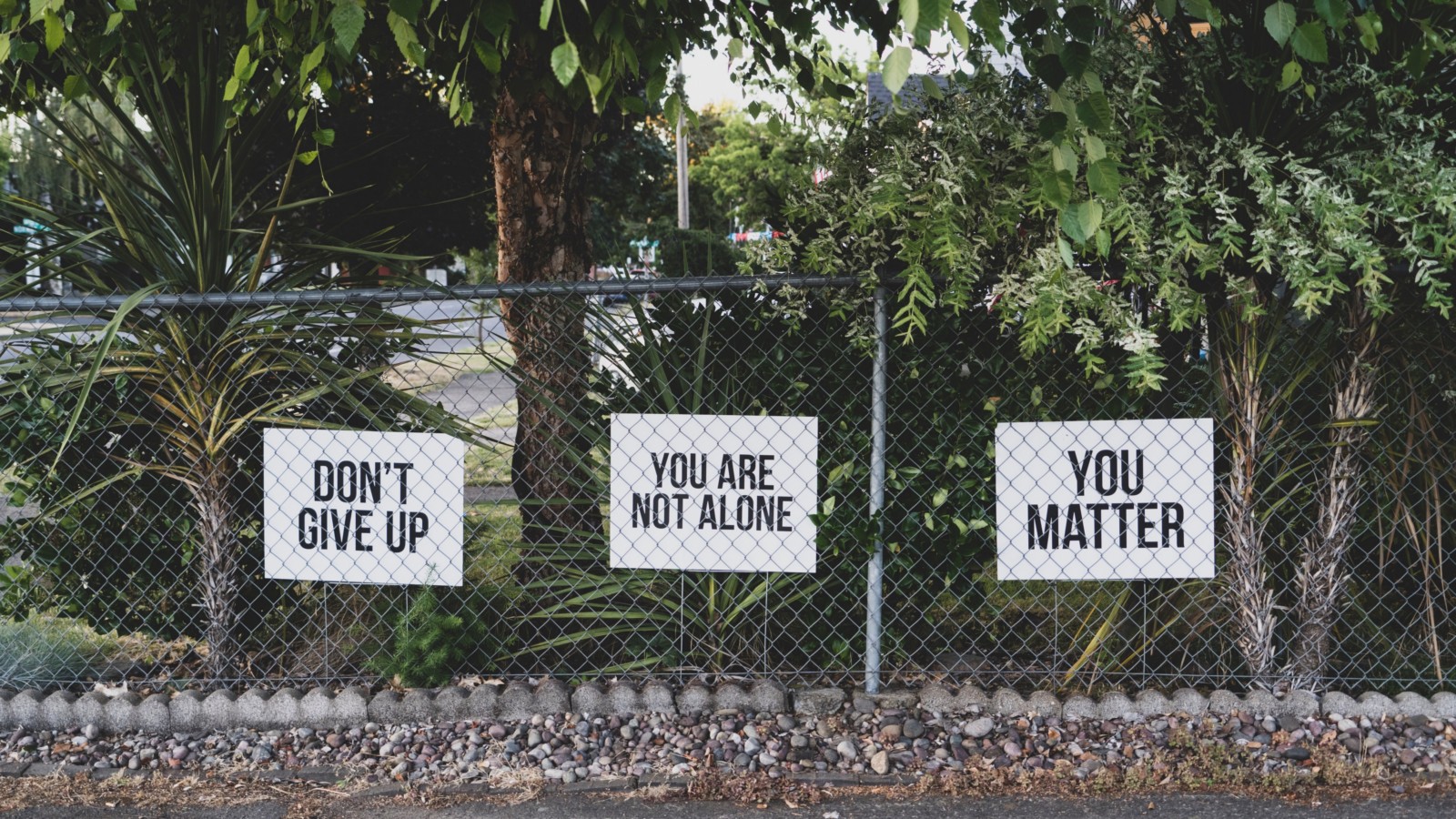*Note: This article was written by Global Health Corps (GHC) Fellow Charles Mwanje and was originally published in GHC’s publication AMPLIFY.
When it comes to the expression of emotions, societal gender norms dictate that men refrain from doing so. For instance, from a young age in Buganda––the most dominant culture in Uganda––I was taught “omusajja takaaba” (a man never cries), regardless of the adversity. During punishment at school, a boy who cried was ridiculed, laughed at, or even called embarrassing names by peers. This mentality was carried with us into adulthood, which has greatly hindered free emotional expression. Patriarchal norms have conditioned men to suppress emotions because showcasing them is thought to be a sign of weakness.
As most contemporary societies are dominated by the patriarchy, and its subsidiary toxic masculinity, emotional suppression is a perceived measure of “toughness,” yet it is actually a fear of ever seeming soft, vulnerable, weak, or somehow “less manly.” The need to uphold these toxic gender norms by men throughout their lifetime forces them to repress their emotions, causing detrimental effects to their mental health.
Amidst the unprecedented toll COVID-19 has had on the mental health of us all, it is pertinent that the toxicity of patriarchal stereotypes on emotional expression, which have been circulating for generations, be dealt with decisively. World Health Organization (WHO) data indicates that while there is increased demand for mental health services globally, the COVID-19 pandemic has disrupted or halted critical mental health services in 93% of countries, with 67% seeing disruptions to counseling and psychotherapy, 65% to critical harm reduction services, and 45% to opioid agonist maintenance treatment for opioid dependence––which are the most sought after services by men globally.
Due to a lack of access to mental healthcare and a lack of societal support, male suicide rates are at an all-time high. According to data by the WHO, across the globe, men were nearly twice as likely to die by suicide compared to women (13.5 and 7.7 deaths per 100 000 population, respectively) between 2016 and 2020.
Societies have developed systems of oppression that hinder men from vocalizing their mental health issues. A research study published by American Psychological Association indicated that men who conformed strongly to masculine norms tended to have poorer mental health and less favorable attitudes toward seeking psychological help. This is because society has encouraged them from childhood to uphold a facade and to never admit that they are struggling. This makes it hard for them to seek help from co-workers, friends, and family in fear of judgment even when their mental health is threatened.
With no opportunity to vent, men have opted for negative coping behaviors, including violence, alcohol and substance abuse, or even suicide. Suppressing emotions can be detrimental because it deprives someone of the multiple benefits of opening up about their mental health. Psychologist Leon F. Seltzer, Ph.D. observed in his article 6 Virtues and 6 Vices of Venting that it’s better to let things out than to hold them in, and doing so feels almost akin to problem-solving at the moment. He continues to emphasize that venting your frustrations alleviates tension and stress:
“You almost always feel better — and ‘lighter’ — after sharing some perceived threat, indignity, misfortune, or injustice’’
Let’s encourage the men around us to speak up, not man-up. Let’s help them to understand that it is okay to admit that they are struggling and ask for help. Let’s actively listen to their frustrations with a non-judgmental attitude. Let’s encourage the men in our lives to cry. It can literally save lives.


